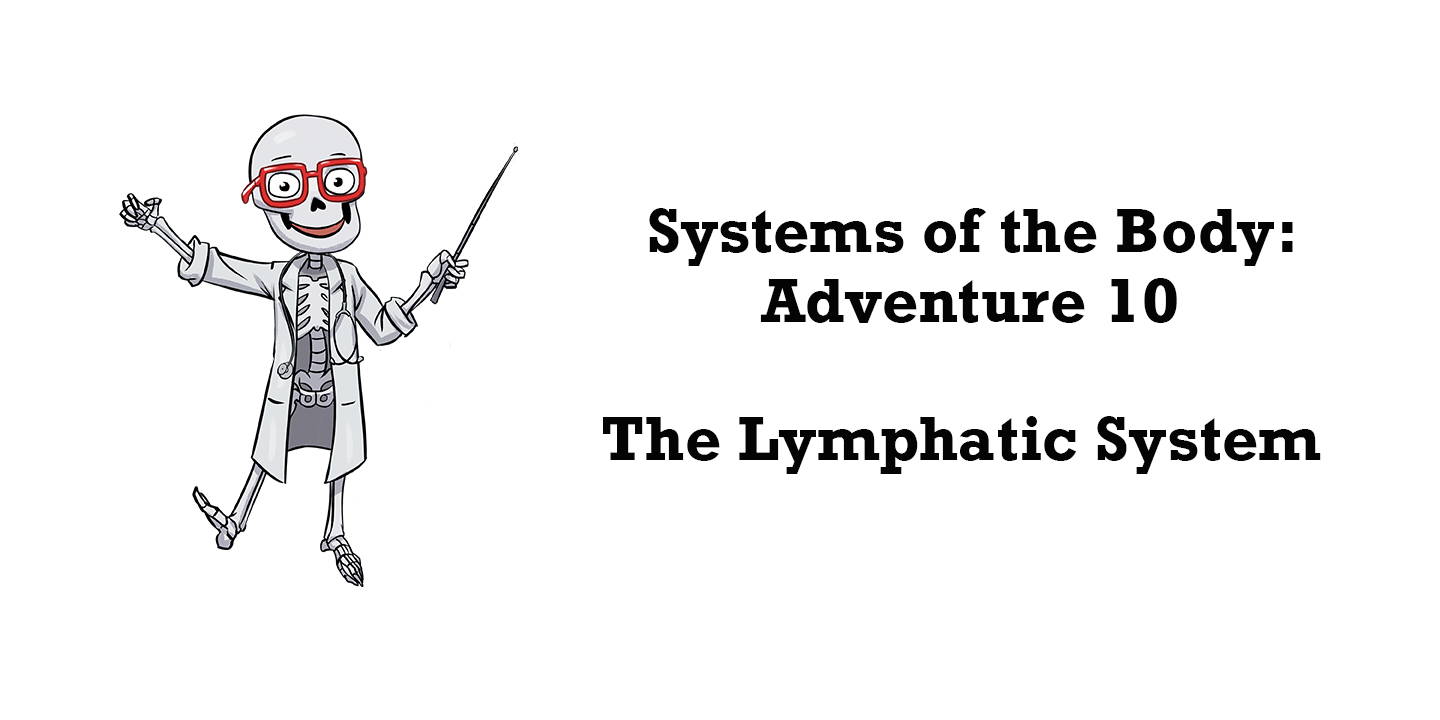
When we think about which system of the body fights off sickness and diseases, which one do you think of? If you thought of the immune system, you’re not wrong -however, the immune system is not the only body system in town that’s important for disease prevention and opposition. The lymphatic system plays a crucial role in aiding the immune system to counter and interrogate illnesses.
How does the lymphatic system aid the body in resisting illnesses? What happens to the lymphatic system when it and the body encounters a disease?
Getting sick is usually the outcome of invading foreign substances, like bacteria or viruses, entering your body. When such pathogens succeed in breaching your body’s initial safeguards, like skin or the mucus membrane, you get sick.
The role of the immune system is to remove these pathogens from the body. Meanwhile, the lymphatic system’s role is, on the one hand, to protect your body from illness, and on the other, to dispose of cellular waste, maintaining body fluid levels, and to absorb fats from your digestive tract.
When a pathogen enters the body, the lymphatic system responds by releasing immune cells known as lymphocytes. Lymphocytes are generally released when the innate immune cells, like macrophages, fail to eradicate and remove pathogens.
Lymphocytes are pretty intelligent. These types of cells don’t have minds, but they behave in ways that show off their sophistication to other cells, including other immune cells. For example, B-lymphocytes (aka “b-cells”) work to determine the difference between pathogens and unharmful cells so that they cant target the bad guys and not mistakenly kill the harmless ones. It’s sort of like when the classroom bully gets called out, so other students don’t get blamed for his mischievousness.
Another form of lymphocytes is called “T-lymphocytes” (aka “t-cells”). These play a similar role as B-cells, but, they differ in what they target. Sometimes, pathogens are capable of invading cells, and in turn, avoiding detection by B-cells. Picture if the classroom bully hid in the closet of the classroom to avoid getting called out - -T-cells are like the teacher searching around the classroom to find him and bring him out. They find invasive pathogens inside cells and remove them from the body.
Lymph Node Labyrinth is a game where you activate T-cells to get them to the bloodstream to destroy cancer cells!
But what happens when pathogens are found in the lymphatic system itself?
Anything that passes through the lymphatic system must pass through various “checkpoints.” Think of it this way: security guards check passengers multiple times before boarding a flight to ensure maximal safety when you go to the airport. The lymphatic system does something quite similar to anything that crosses its path. Mainly the worry is infected lymph --a fluid containing white blood cells--remaining unchecked.
One such checkpoint includes lymph nodes. Lymph nodes are noticeable on the neck, armpits, and hips, but 600-700 of them reside in your body in clusters. Lymph nodes monitor lymph to ensure that it contains no pathogens. Under circumstances where lymph does control disease, the lymph nodes work tirelessly to remove it from the body before any damage gets done. Lymph nodes do this by informing macrophages and lymphocytes of the situation to get to work doing what they do best: getting rid of illnesses!
Why do your lymph nodes swell up when you get sick? Find out on this week’s Ask Dr. B!
Finally--but certainly not least importantly--the spleen is an organ that’s part of the lymphatic system, and it also plays an essential role in combating diseases. In fact, the spleen is quite often called the larger version of the lymph nodes, as they serve very similar functions. Namely, the spleen is responsible for facilitating B-cell and T-cell activation. However, the significant difference between the lymph nodes and the spleen is that the lymph nodes filter the lymph to catch pathogens. In contrast, the spleen filters blood to capture pathogens.
The lymphatic system, in short, is almost like the outfielders on a baseball team. Much of baseball occurs in-field, and the job of outfielders is to make sure that anything that gets past the infielders is taken care of. The infielders are like the immune system, whereas the outfielders are like the lymphatic system. Without the lymphatic system, invaders would be hitting way more home runs and scoring way more points on our bodies than we’d really want them to.
References:
Nigam Y, Knight J (2020) The lymphatic system 2: structure and function of the lymphoid organs. Nursing Times [online]; 116: 11, 44-48.
Nigam Y, Knight J (2020) The lymphatic system 3: its role in the immune system. Nursing Times [online]; 116: 12, 45-49.
Null M, Agarwal M. Anatomy, Lymphatic System. [Updated 2021 Feb 10]. In: Stat Pearls [Internet]. Treasure Island (FL): Stat Pearls Publishing; 2021 Jan




Leave a comment (all fields required)